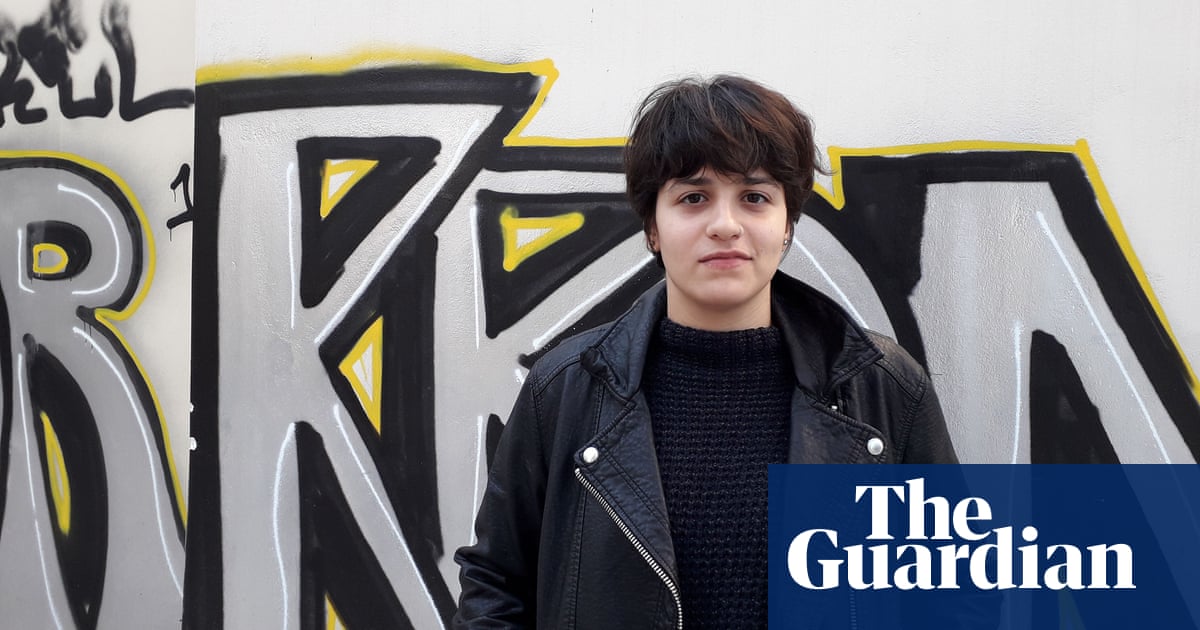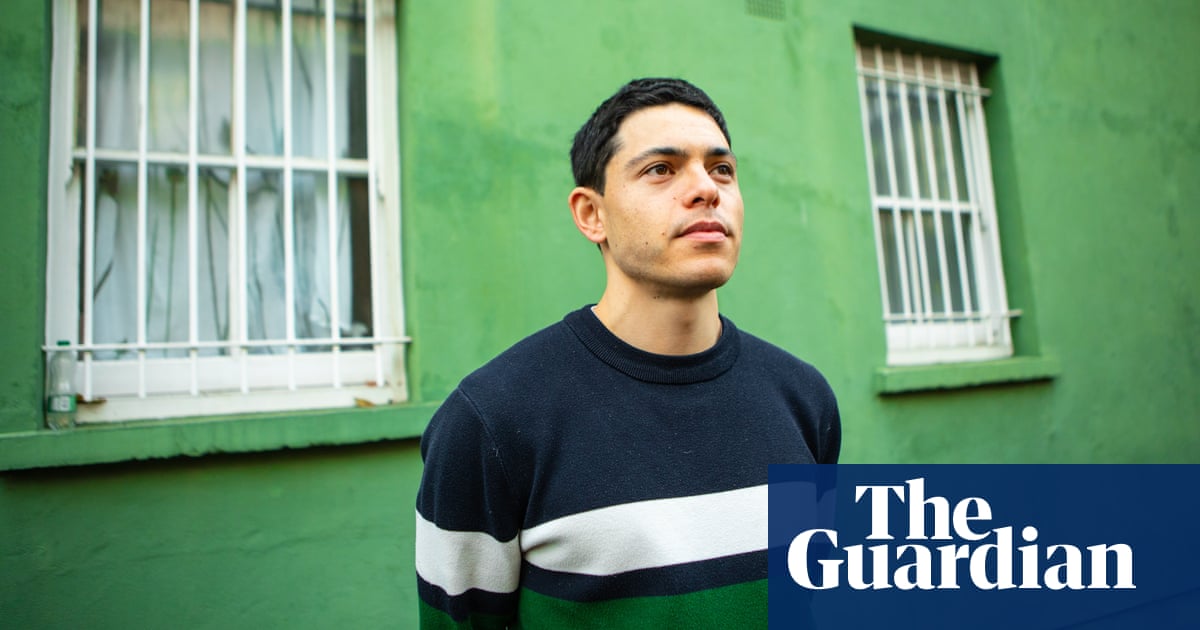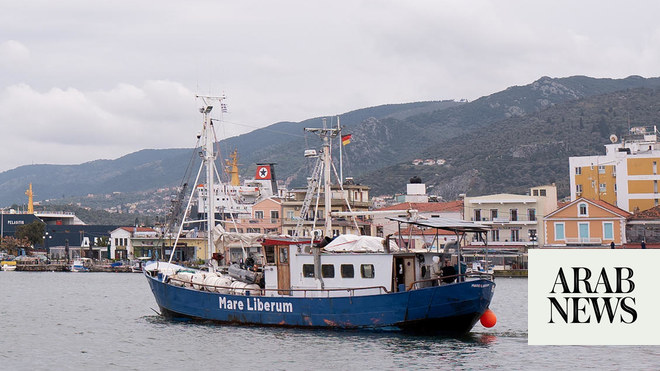
A Greek appeals court has dropped espionage charges against 24 activists involved in rescuing people from migrant boats in the Mediterranean after recognising that the case was riddled with procedural errors.
The three-member panel of judges upheld a prosecutor’s recommendation that the spying charges be dropped on the basis of being “overly vague”. The verdict was announced to the sound of applause in the courtroom.
“This is a very good first step, although we are not celebrating yet. A criminal inquiry into felony charges [also levelled at the group] is still ongoing,” said the defence lawyer Zacharias Kesses. “But today’s outcome will surely undermine the pursuit of that case.”
Among the flaws cited by the court was the failure to summon the two dozen defendants in a language they could understand.
The accused, both Greek and foreign nationals, included Sarah Mardini, the Syrian refugee turned rescue worker whose story in rescuing 18 fellow passengers as they made the perilous crossing from Turkey inspired the Netflix film The Swimmers. Kesses, who is leading her legal team, said the 27-year-old had not been present for the proceedings because of a travel ban identifying her as a security risk. Mardini spent more than 100 days in pre-trial detention in the Greek capital’s high-security Korydallos prison following her arrest in August 2021.
The aid workers had all volunteered with the now defunct Emergency Response Centre International (ERCI), an NGO specialising in search and rescue on Lesbos at the height of the migrant crisis, when nearly a million refugees, most fleeing civil war in Syria, crossed the Aegean Sea to reach Europe via Greek islands.
The espionage charge had been levelled in an 86-page report compiled after a six-month inquiry by police, who had singled out the use of an “encrypted messaging service” – namely, WhatsApp – to back the spying claims. Charges of illegal use of radio frequencies and forgery were also dropped.
Human rights groups had unanimously described the charges as “farcical”, with defence lawyers calling the police file chaotic and based on prejudicial assumptions. The case was seen as symptomatic of the climate of fear in which solidarity migrant workers are increasingly forced to work at a time when Europe is determined to keep asylum seekers out.
Greece’s centre-right government announced last week it would be extending a fence along the country’s frontier with Turkey as part of its “strict but fair” migration policy. Amid mounting evidence of forcible evictions – pushbacks vehemently denied by Greek authorities – at land and sea border areas, search and rescue operations have virtually stopped.
The 24 aid workers still face an investigation into charges of people smuggling, fraud, membership of a criminal organisation, and money laundering – crimes under Greek law that carry 25-year prison terms.
Some of the accused described Friday’s decision as bittersweet. Seán Binder, a German national raised in Ireland, who also spent more than three months in jail, said “true justice” would have been a declaration of innocence by the tribunal.
“It seems so cynical that after four years and three months in prison and being branded a criminal, the prosecutor throws out the case because of procedural errors,” he said from Mytilene.
“It’s great, of course, but also bittersweet because it doesn’t feel like justice. If we had been declared innocent, that would have been real justice. It would have exposed the fact [there was] no merit at all to the prosecution case against us. With the felony investigation under way, it could be another 15 years before that trial takes place.”
Before the trial, the Council of Europe’s commissioner for human rights, Dunja Mijatović, also raised concerns, saying in a statement that “targeting human rights defenders and individuals engaged in acts of solidarity is both incompatible with states’ international obligations and has a chilling effect on human rights work”.
Grace O’Sullivan, an Irish Green party MEP who travelled to the island this week to attend proceedings, said Friday’s verdict had strengthened her belief that the charges were “entirely politically motivated and without any serious legal basis or book of evidence”.












